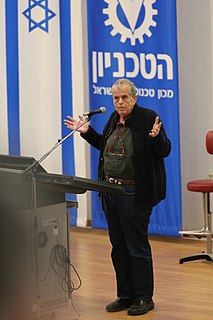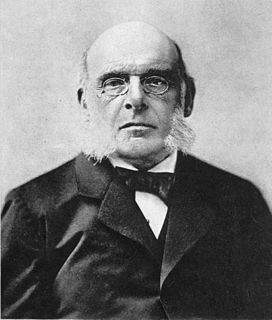A Quote by Julia Gillard
Developing countries need to commit additional resources and have the political will to improve education.
Related Quotes
Exporters monitor economic and political policies to the developing world, but the consequences of that have been to make developing countries far more sensitive to the constant fluctuations. Developing countries are not always allowed to support their farmers in the same way as the U.S. or Europe is. They're not allowed to have tariff barriers. They're forced, more or less, to shrink their social programs. The very poorest people have fewer and fewer entitlements. The consequence of this has been that there's been a chronic increase in the vulnerability of those economies to price shocks.
Education is either from nature, from man or from things. The developing of our faculties and organs is the education of nature; that of man is the application we learn to make of this very developing; and that of things is the experience we acquire in regard to the different objects by which we are affected. All that we have not at our birth, and that we stand in need of at the years of maturity, is the gift of education.
The best way to deal with AIDS is through education. So we need a really widespread AIDS education program. In fact, what we need in Burma is education of all kinds - political, economic, and medical. AIDS education would be just part of a whole program for education, which is so badly needed in our country.












































